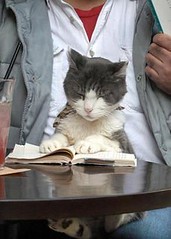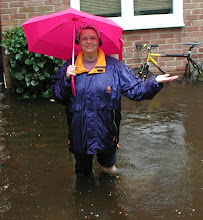 And now a word from our sponsor:
And now a word from our sponsor:Greater transparency around government requests
4/20/2010
Article 19 of the Universal Declaration on Human Rights states that "everyone has the right to freedom of opinion and expression; this right includes freedom to hold opinions without interference and to seek, receive and impart information and ideas through any media and regardless of frontiers." Written in 1948, the prinicple applies aptly to today's Internet -- one of the most important means of free expression in the world. yet government censorship of the web is growing rapidly: from the outright blocking and filtering of sites, to court orders limiting access to information and legislation forcing companies to self-censor content.
So it's no surprise that Google, like other technology and telecommunications companies, regularly receives demands from government agencies to remove content from our services. Of course many of these requests are entirely legitimate, such as requests for the removal of child pornography. We also regularly receive requests from law enforcement agencies to hand over private user data. Again, the vast majority of these requests are valid and the information needed is for legitimate criminal investigations. However, data about these activites hisotrically has not been broadly available. We believe that greater transparency will lead to less censorship.
We are today launching a new Government Requests tool to give people information about the requests for user data or content removal we receive from government agencies around the world. for this launch, we are using data from July-December, 2009, and we plan to update the data in 6-month increments. Read this post to learn more about our prinicples surrounding free expression and controversial content on the web.
We already try to be as transparent as legally possible with respect to requests. Whenever we can, we notify users about requests that may affect them personally. If we remove content in search results, we display a message to users. The numbers we are sharing today take this transparency a step further and reflect the total number of request we have received broken down by jurisdiction. We are also sharing the number of these content removal request that we do not comply with, and while we cannot yet provide more detail about our compliance with user data requests in a useful way, we intend to do so in the future.
As part of our commitment to the Global Network Initiative, we have already agreed to principles and practices that govern privacy and free expression. In the spirit of these principles, we hope this tool will shine some light on the scale and scope of government requests for censorship and data around the globe. We also hope that this is just the first step toward increased transparency about these actions across the technology and communications industries.
Posted by David Drummound, SVP, Corporate Development and Chief Legal Officer
Google Blog:
http://googleblog.blogspot.com/2010/04/greater-transparency-around-government.html
Government Requests tool: http://www.google.com/governmentrequests/








